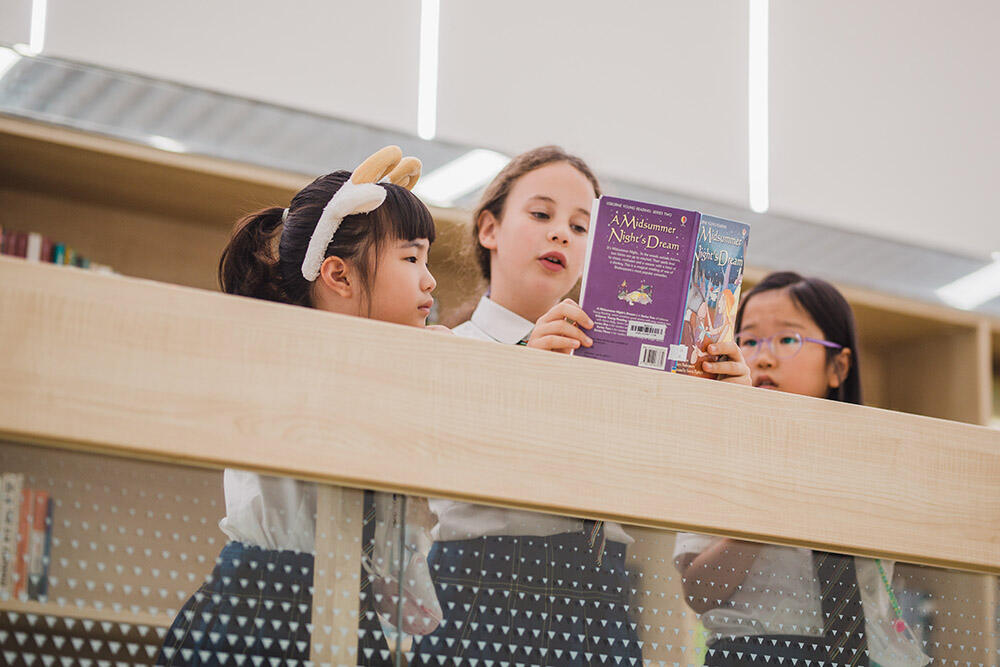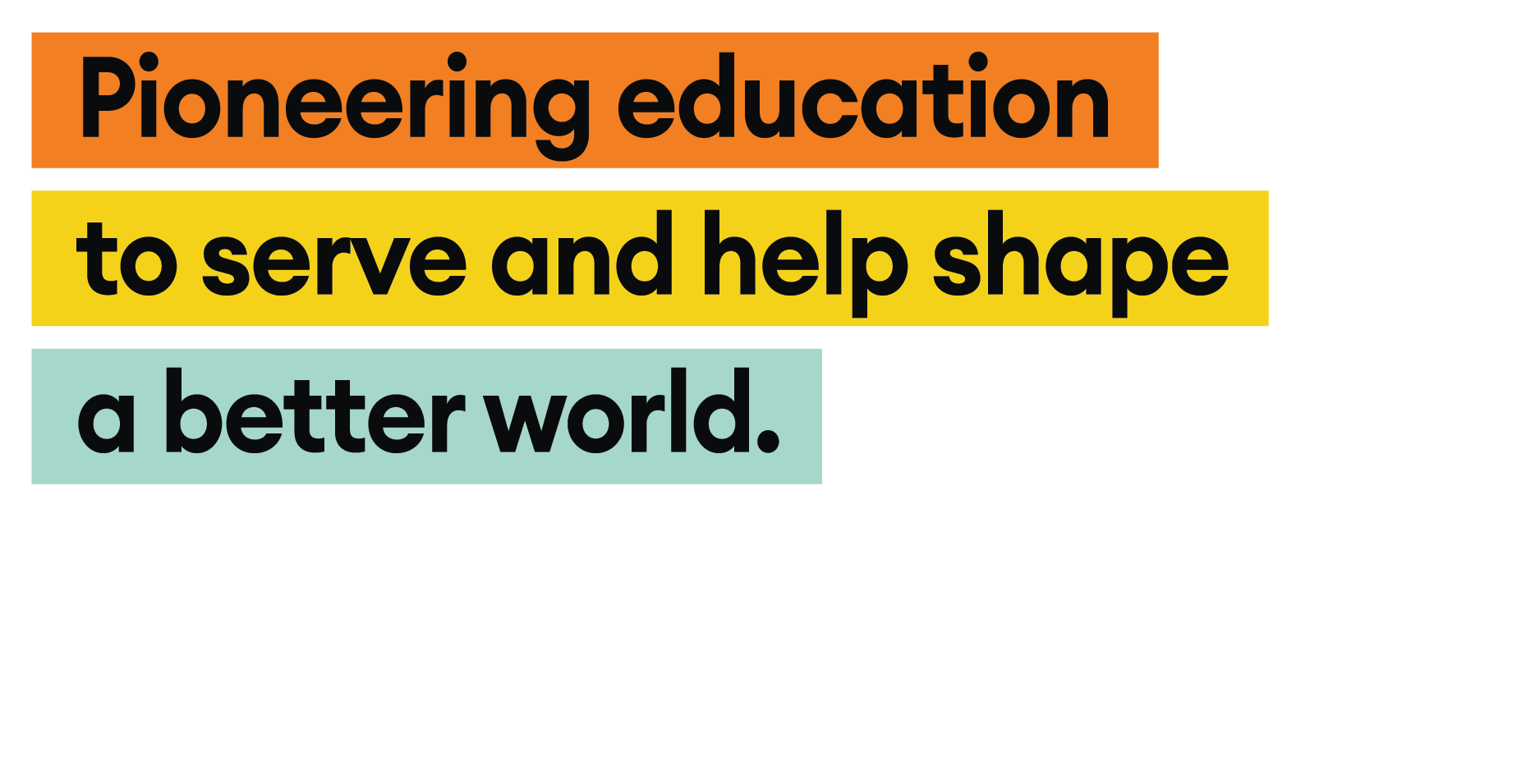Urban Planning in the Junior School, and the International Primary Curriculum
Teaching in the Junior School at Wellington College International Tianjin continues to go from strength to strength, as demonstrated recently by the Urban Planning Exhibition held by Year 5 students using the International Primary Curriculum (IPC). In reaching the end of one unit of the international and forward-thinking curriculum – which teaches exploratory learning via integrating disciplines thematically, as opposed to integrating themes according to discipline, the young learners held an event in order to show to the community their own models of Tianjin’s Hongqiao District. According to the IPC, each ‘Unit’ is completed and therefore achieved following an ‘exit point’ which can be carried out in any number of ways ranging from parent presentations to inter-class activities. This allows for a reciprocated understanding of a globally significant theme which can be shared with parents and peers.
As a further example, Year 3 students of the IPC were able to gain an understanding of the concept of the supply chain, simply via studying geographical concepts associated with the use of the cocoa bean, and the eventual production of chocolate.
The IPC - in comparison to other curriculums such as the International Baccalaureate Primary Years Programme (IB PYP), is more closely linked to the British National Curriculum and thus more suitable to the teaching styles of the academic department of the Junior School at Wellington College.
In electing to follow the IPC, Assistant Head of the Junior School at Wellington – Mrs. Gill Elrick, said the following;
The changes that have been put in place have already had a big impact on what is seen and heard when walking around our Junior School. We now have mileposts (MP) rather than key stages; years 1 and 2 form MP1, years 3 and 4 form MP2 and years 5 and 6 form MP3.
There is greater collaboration not only amongst the teaching staff, but also amongst the children themselves. The children within each milepost work on the same unit at the same time. In the Michaelmas term, MP1 were doing ‘Who Am I?’ and ‘Let’s Celebrate’; MP2 were doing ‘Fashion’ and ‘Chocolate’ and MP3 were doing ‘Building a Village’ and ‘Bake it!’
Each of these units follow a particular structure which makes the learning that is going to take place clearer for the children to follow. They all start with an entry point to hook the children in and end with an exit point that showcases their learning.
One reality of the modern day and age is that very rarely do urban-dwelling students below the age of twelve have the ability to analyse and evaluate specific aspects of their surroundings in a clearly structured educational environment. Given the fact that China has in recent years beared witness to one of the largest movements of people in history, with millions moving into the cities from rural areas, an understanding of urban planning and the process of urbanisation remains quintessential for the sustainable development of future societies. Whether it be stress on Tokyo’s water supply, pollution issues in Mexico City, the allocation of housing in Rio de Janeiro, or indeed China’s development on the East African coastline, urban growth and any associated social issues will become increasingly significant and relevant to our global community in future years.
In accepting that a student should be directly exposed to these concepts from a young age, educators become able to explore a wide range of areas fundamentally requiring critical thinking, creativity in context as well as practical solutions to real-world problems, all studied at a level suitable for a younger years student. In studying this unit, students were taken on a number of walking tours of the surrounding area, documenting and photographing the various land use, architectures and building use in urban Tianjin. Upon returning to the classroom, they embarked on an ambitious project to redesign a smaller area of a district culminating in the aforementioned presentation.
As a requirement for the completion of the ‘Building a Village’ unit, the students were asked to present their ideas to an intrigued and curious parent community. At this stage, the Year 5 students were required to justify certain decisions, which involved making admission for uses of certain building materials, architectural designs and structural makeups. As one visiting parent commented:
One of the things my company does is in fact exactly what the students did for your neighborhood planning exercise.
I could tell the students had thought about their existing neighborhood area, considered the services that would be needed and included a number of options to appeal to a broad number of residents and visitors. I was impressed to see a range of housing options including high rises and villas, a range of different restaurant types and many services including banks, hospitals, places of worship and emergency services. Your students also provided a nice range of entertainment options including sports facilities, cinemas and zoos. Very importantly, they also didn’t forget about green space and provided nice parks and greenways along the rivers. The result was a wide variety of neighborhoods that looked like they would be great places to live. Many of the groups were very innovative with their energy ideas and the range of solar panels and wind turbines and other ideas was proof of innovative thinking which the world will certainly need in the coming decades.
Designing and building a project is part of the work, but explaining why one has chosen a specific set of options is just as important. The groups did a great job of introducing their project and handled some very tough questions during the Q&A session. Many of them could make a career with a developer, an urban planner, an engineering firm, a designer or a property management company.
For more information regarding the IPC, please see the following website contact the IPC Coordinator at Wellington College International Tianjin, Mr. Andy Turner (andy.turner@wellington-tianjin.cn).

Related Articles








 Channel
Channel 
 Linkedin
Linkedin  Facebook
Facebook  Ins
Ins 






